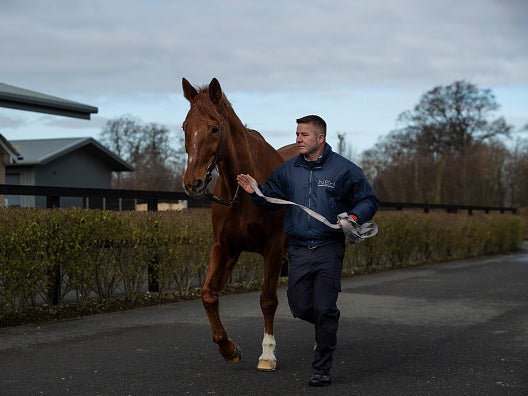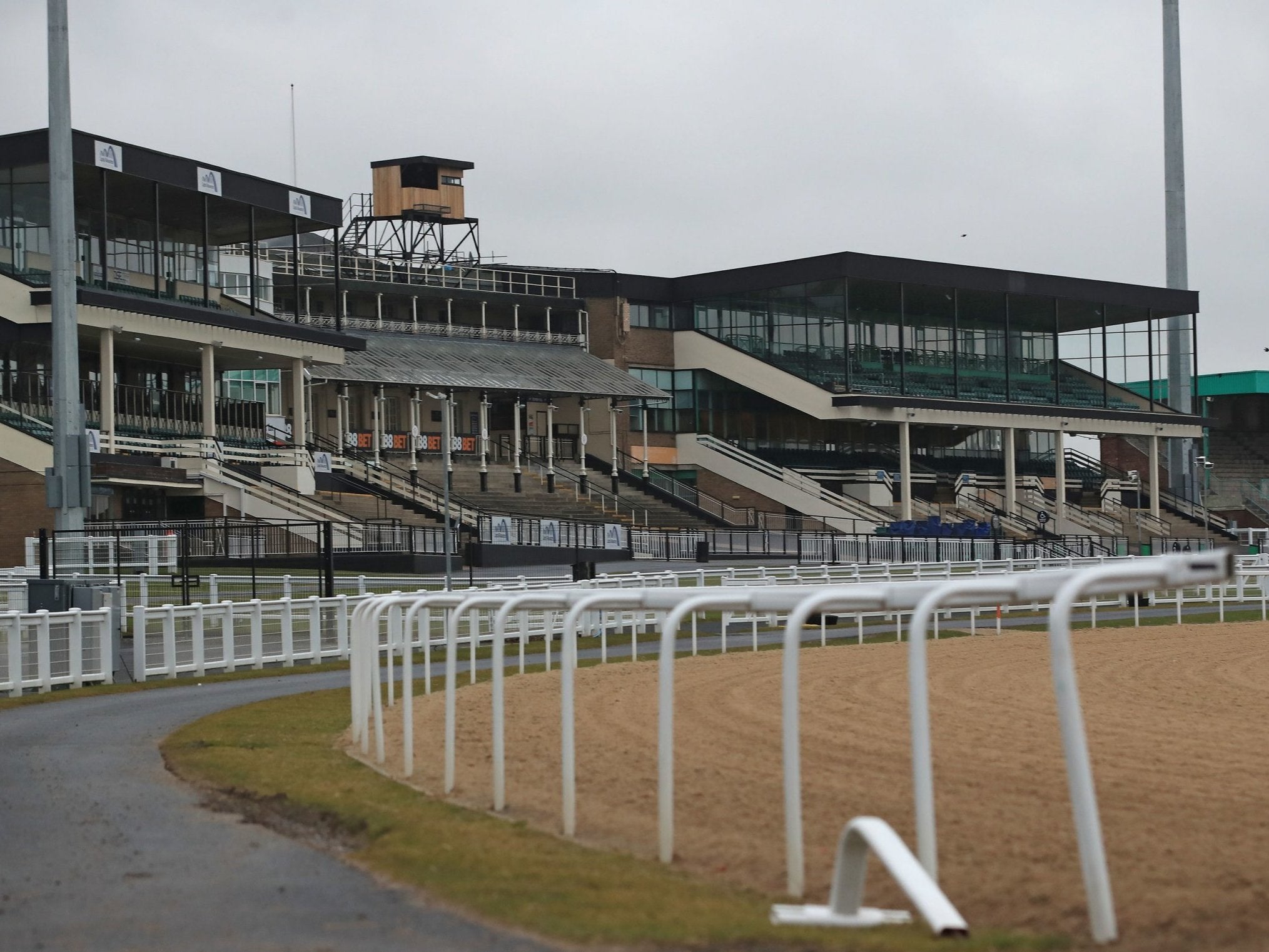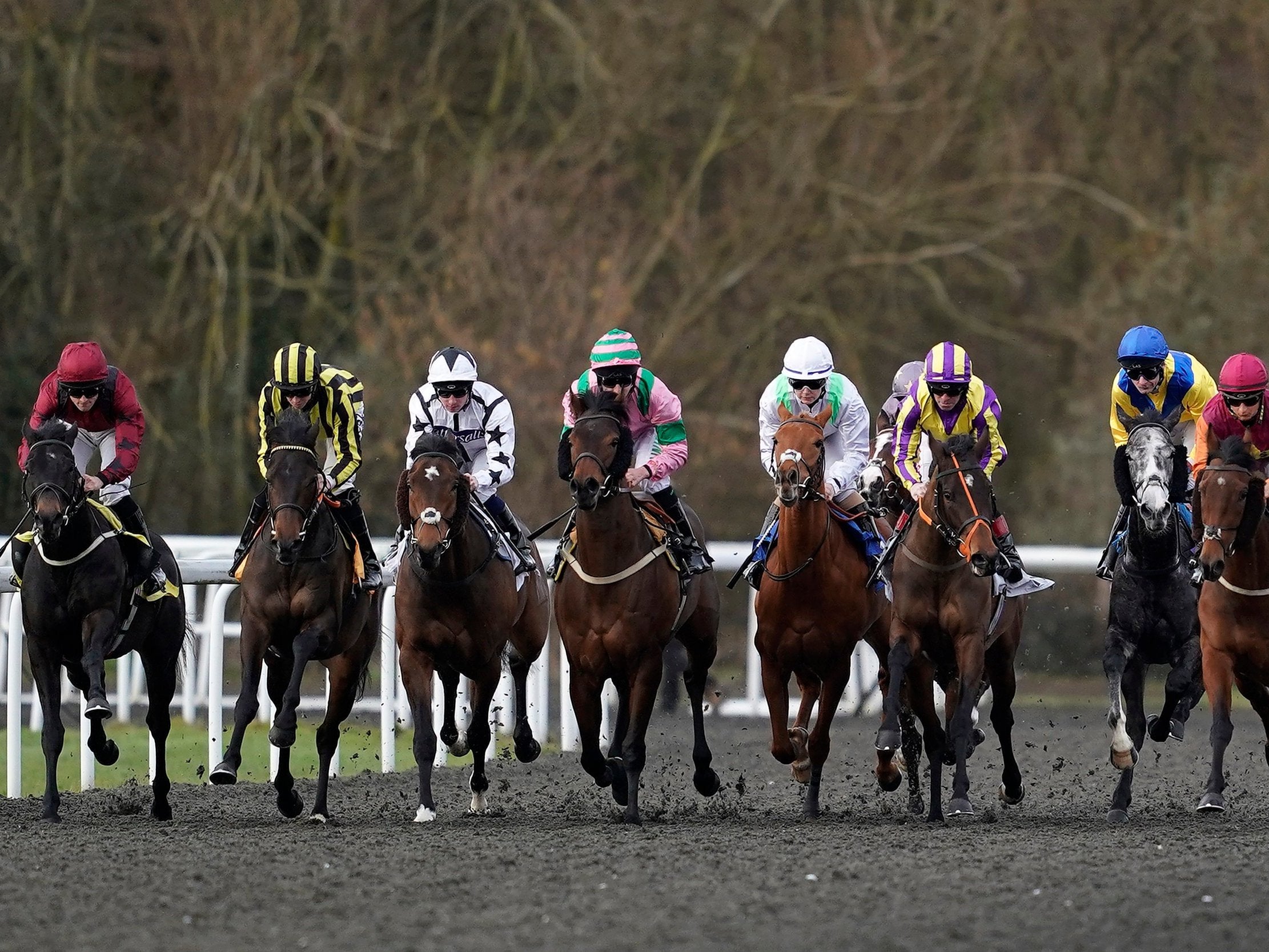New vaccination rules enabled racing to resume after flu outbreak, says British Horseracing Authority
A horse has to have been vaccinated for equine flu within six months of competing

Racing could have been postponed for a “further period of at least a week” had stringent new vaccination requirements not been imposed, the British Horseracing Authority has said.
It was a condition of racing resuming following the enforced six-day shutdown due to equine flu that in order for a horse to fulfil an entry, it must have had the relevant vaccination within six months of the race in question. Any horse having a new vaccination cannot run for seven days.
That has led to a raft of complaints from some trainers, while others are not as badly affected.
Announcing additional opportunities for trainers needing to prepare horses for the upcoming spring festivals, the BHA said in a statement:
“The BHA has today announced that it intends to schedule additional alternative races to assist trainers in their preparation for upcoming major festivals for horses that may miss out on essential prep or qualifying runs in the coming 10 days owing to the new vaccination requirements.

“The additional opportunities will be scheduled on or around the weekend of February 23, in order that horses which require vaccinations over the coming days will be eligible to run. Like all other British races, they will only be available to horses who have been vaccinated within the last six months.
“It was agreed that, if racing was to return, there should be stringent biosecurity measures put in place to protect the welfare of the breed and reduce the chance of further disruption.
“The sport is taking a measured risk by returning to racing this quickly, and for that risk to be deemed manageable then it was necessary that protective measures should be put in place.
“This includes the fact that horses that have not been vaccinated in the last six months should not be allowed to run. Put simply – without this we would not be racing. It could open the sport up to an unacceptable level of risk.
“The science is unequivocal that vaccines help reduce the effect and spread of equine influenza. This was a view that was stated by Dr Richard Newton – the Animal Health Trust’s world-leading expert in this field – and supported unanimously by the experts on the veterinary committee.”

The statement went on: “Trainers had been advised on January 25 that, due to the concerning situation in Europe where outbreaks have occurred in vaccinated horses, and an unprecedented number of cases in unvaccinated non-thoroughbreds in Britain, all horses which have not had a vaccination against equine influenza within the last six months should receive a booster vaccination.
“We appreciate that the six-day mandatory stand down period following vaccination, which is a welfare measure on behalf of the horse, will mean that some horses who were not subsequently vaccinated will not be able to run for a short period.
“However, to ensure a level playing field it would have been necessary to cancel all racing for a further period of at least a week.”
It added: “The BHA is committed to the return to racing whilst minimising the risk of equine influenza spreading further within the sport, causing further disruption. This is our main priority.
“We recognised in making the decision last night that some participants could be disadvantaged and we are doing what we can to mitigate that without compromising the management of the outbreak.”
PA
Join our commenting forum
Join thought-provoking conversations, follow other Independent readers and see their replies
Comments
Bookmark popover
Removed from bookmarks